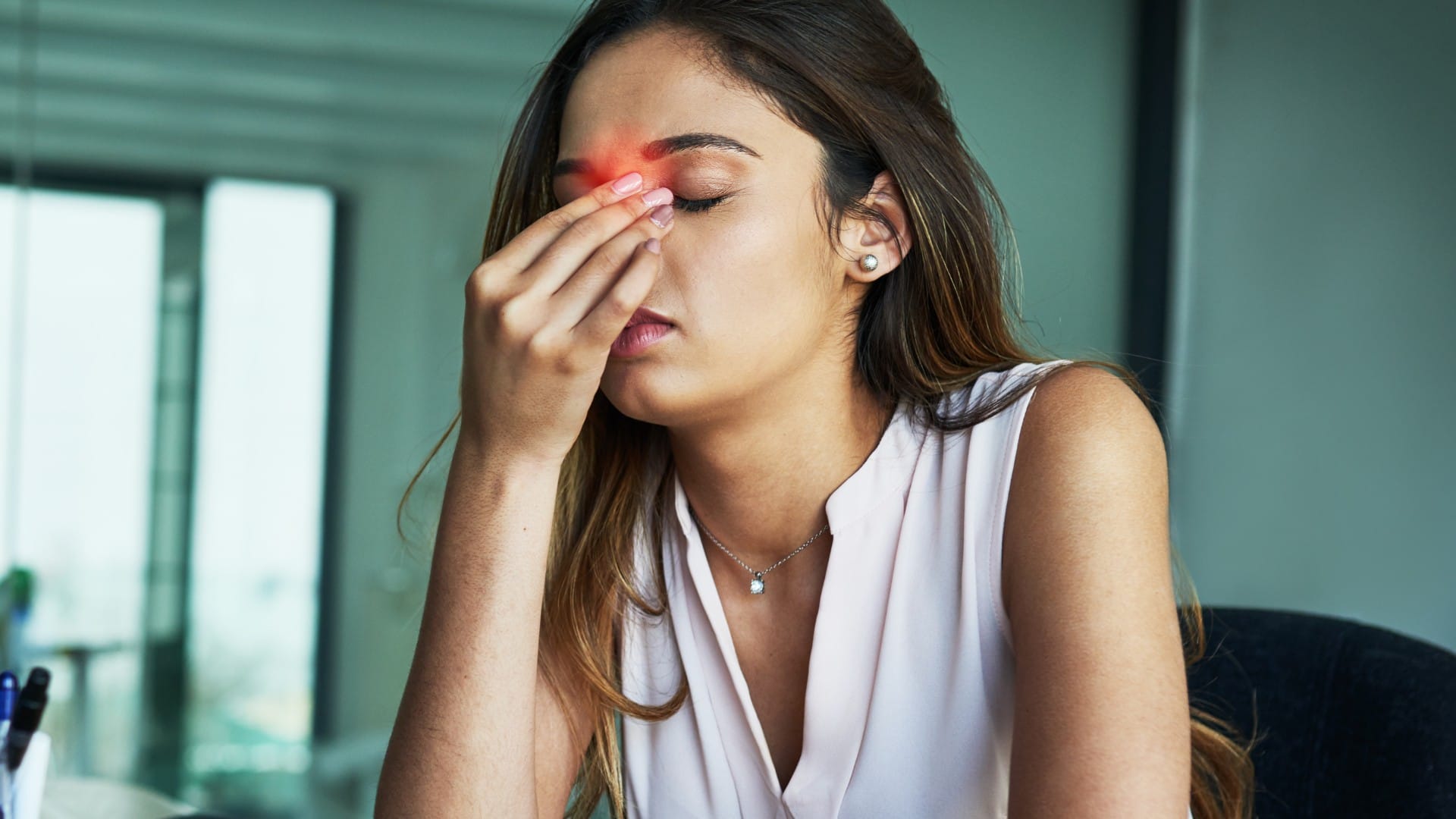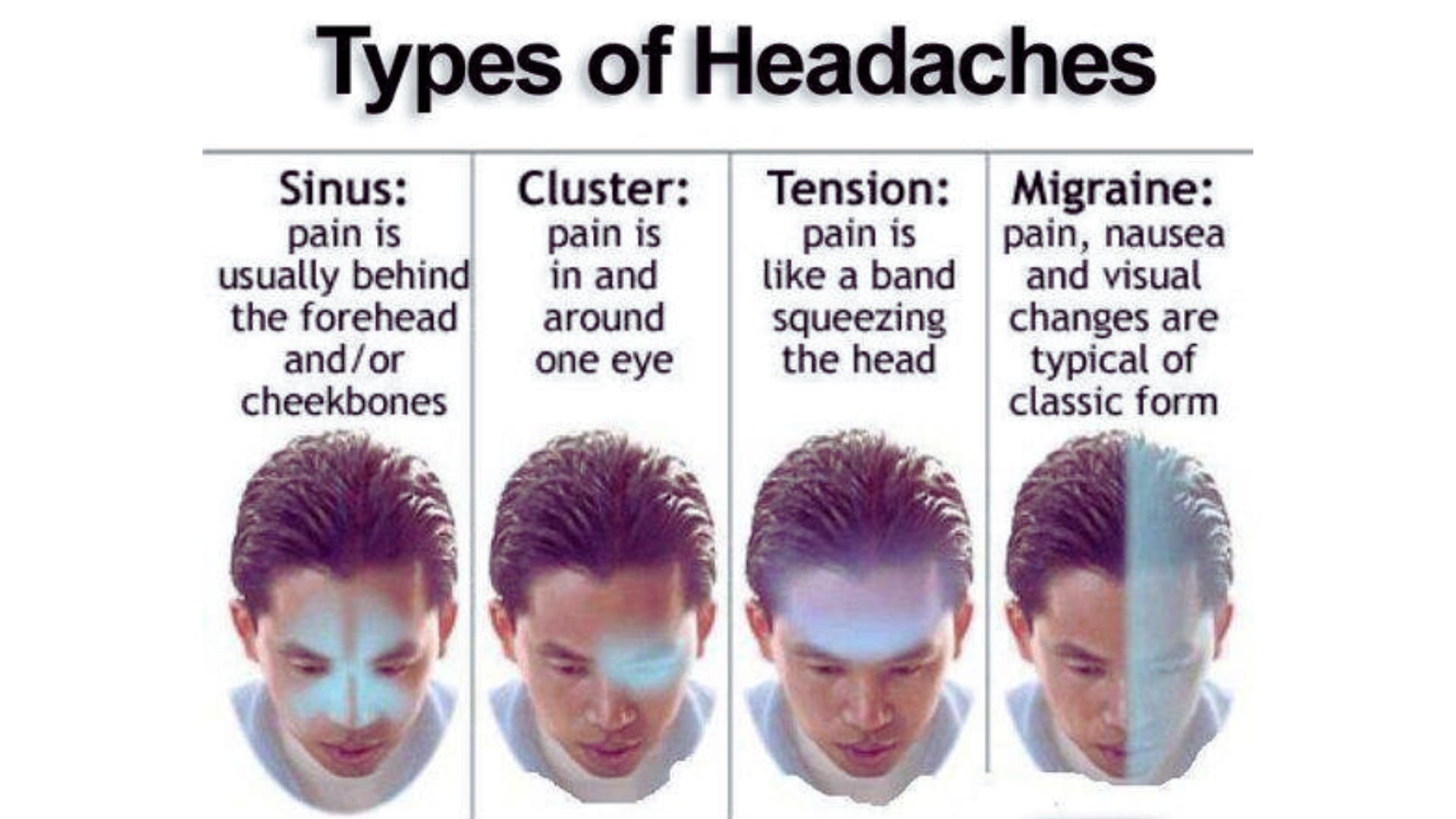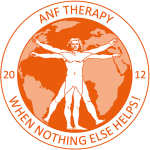How do I relieve tension headaches?
What is a tension headache?
A tension headache feels like a tight band squeezing around your head, especially on your forehead and the sides. It feels like a dull, steady pain that often develops after a stressful day or sitting too long in one place. This pain usually affects both sides of your head and can be acute, chronic and recurrent.
Types of tension headaches:
Tension headaches are classified based on onset and duration.
Infrequent episodic:
This type of headache happens once or twice a month.
Episodic:
In this type, you will have 1-14 episodes of headaches in a month for the last three months.
Chronic:
In this type, you will have more than 15 episodes of headaches in a month for the last three months.
How much is a common tension headache?
Tension headaches are the most common type of headaches. According to research, 70% of people have episodic tension-type headaches. This type of headache affects more women than men, regardless of age.

What are the symptoms of tension headaches?
The symptoms of tension-type headaches vary from person to person. Like other headaches, there is no nausea, vomiting, or photophobia in tension-type headaches. However, the most common symptoms are:
- Feeling persistent dull pain and pressure around your head
- Tenderness around your forehead, scalp and temple areas
- Tightening of shoulder and neck muscles
- Difficulty in focusing
- Irritable
What causes tension headaches?
The exact cause of tension headaches is unknown. However, it was noted that tension headache is linked with stress and muscle tension in the neck and shoulder. According to Dr. Mikel H-G Hoff, the causes of headaches include:
- Liver dysfunction
- Neurological dysfunction in optic nerve
- Dehydration
- Hormonal imbalance usually occurs in females
- Stress
- Anxiety
- Depression
- Low blood pressure
Trigger factors:
Some factors can trigger your headache. These factors include:
- Smoking
- Drinking alcohol
- Fatigue
- Depression
- Lack of sleep
- Neurological disorders
- Caffeine
- Ear infection
- Sinus infection
- Tooth problem
- Dry eyes
- Strain in eyes
How to relieve tension headaches?
You can relieve your tension headache by applying ANF Devices around your head. These devices help relieve your pain, aim to treat the underlying cause and promote mental health and wellness.
Treatment of tension headache with ANF Therapy®️:
The diagnosis of tension-type headaches is based on your symptoms. Your ANF Therapist will take a detailed history and perform a physical examination to pinpoint the source of your pain and confirm the diagnosis.
History:
During history, they will ask the following questions regarding your headache.
- Where do you feel pain?
- How often do you have symptoms?
- How long does the pain last?
- Are there reliving and aggravating factors for this pain?
- Is this pain associated with nausea, vomiting and photophobia?
- Does this pain affect your sleep routines?
- Are you under stress?
- Do you have a previous history of head injury?
- Family history
- History of previous medical illness
Physical examination:
Physical examination involves detailed palpation of occipital nerves, fascial nerves , including cervical structures to determine possible root cause. Based on the severity of inflammation, they will make a protocol and decide number of sessions.
Application of ANF Devices:
Dr. Mikel H-G Hoff states that the neurological ANF Devices are applied around the forehead and neck. These wearable devices strengthen weak neurological frequencies, promote self-healing, reduce inflammation, and increase blood supply to the brain, which needs more blood than other organs to work.
Expected outcome:
According to Dr. Mikel H-G Hoff, the founder of ANF Therapy®️, 90% of the patients feel an improvement in their headache after a few minutes of applying ANF Devices. ANF Therapy®️ aims to reduce pain by 50% after the first session. However, response to ANF Therapy®️ may differ in different individuals, depending on the type of pain and its severity.
Follow-up:
Regular follow-ups are essential to treat tension-type headaches and check the efficacy of ANF Devices. Your ANF Therapist will guide you on the number of follow-up sessions and treatment duration. You will need to change ANF Devices after 72 hours. Your therapist will create a personalised treatment plan for you and educate you about these changes.
Start your journey with ANF Therapy®️:
ANF Therapy®️ offers an innovative tool for managing tension-type headaches. By utilising wearable ANF Devices that emit neurological frequencies, ANF Therapy®️ aims to modulate inflammatory responses, promote healing and support mental health and overall well-being related to health. This non-pharmacological therapy provides a safe and effective approach that improves disease outcomes by targeting the root cause. If you’re having tension-type headaches for any reason, consult an ANF Practitioner or find an ANF Therapist at www.findanf.com to start your treatment with ANF Therapy®️ today!
If you’re a healthcare practitioner aiming to enhance your clinical skills with frequency medicine, learn more about the ANF Therapy®️ and ANF Clinical education program by visiting www.anfacademy.com.
How can you prevent tension headaches?
You can prevent tension type of headaches by following preventive measures:
- Get enough sleep
- Stop drinking alcohol
- Stop using caffeine
- Stop smoking
- Exercise regularly
- Manage your stress
- Practise good body posture
- Drink fluids to avoid dehydration
- Deep breathing technique
- Massage therapy
- Yoga
- Meditation and hypnotherapy
- Use cold or hot packs
FAQs:

Tension headache vs migraine:
Tension-type headaches and migraine are types of headaches that have different clinical presentations.
Tension-type headache | Migraine |
Characterised by mild to moderate pain | Characterised by moderate to severe pain |
Dull ache | Throbbing ache |
Gradual in onset | Sudden onset |
Usually involves all of your head | Involve one side of your head |
Not associated with nausea, vomiting and photophobia | Associated with nausea, vomiting and photophobia |
Pulsating sensation | Pressing sensation |
What does a tension headache feel like?
A tension headache feels like a dull, aching pain that wraps around your head, almost like a tight band.
Can dehydration cause tension headaches?
Yes, dehydration is the most common cause of headaches. When you are dehydrated, your brain shrinks and puts pressure on your nerves, causing pain. Therefore, it’s important to stay hydrated to avoid pain.
Can overthinking cause a tension headache?
Yes, overthinking can lead to a tension headache. When you overthink, it often causes stress, which is a major trigger for these types of headaches.
What mineral deficiency causes a tension headache?
There are some minerals that are also associated with headaches if they are in fewer amounts in your body. These include:
- Magnesium
- Vitamin D
- Omega 3 and omega six fatty acids
- Riboflavin
Which hormone deficiency can lead to tension headaches?
An estrogen deficiency can contribute to tension-type headaches. This hormone imbalance is particularly common in women, especially around menstrual cycles, menopause, or other times when estrogen levels fluctuate.








